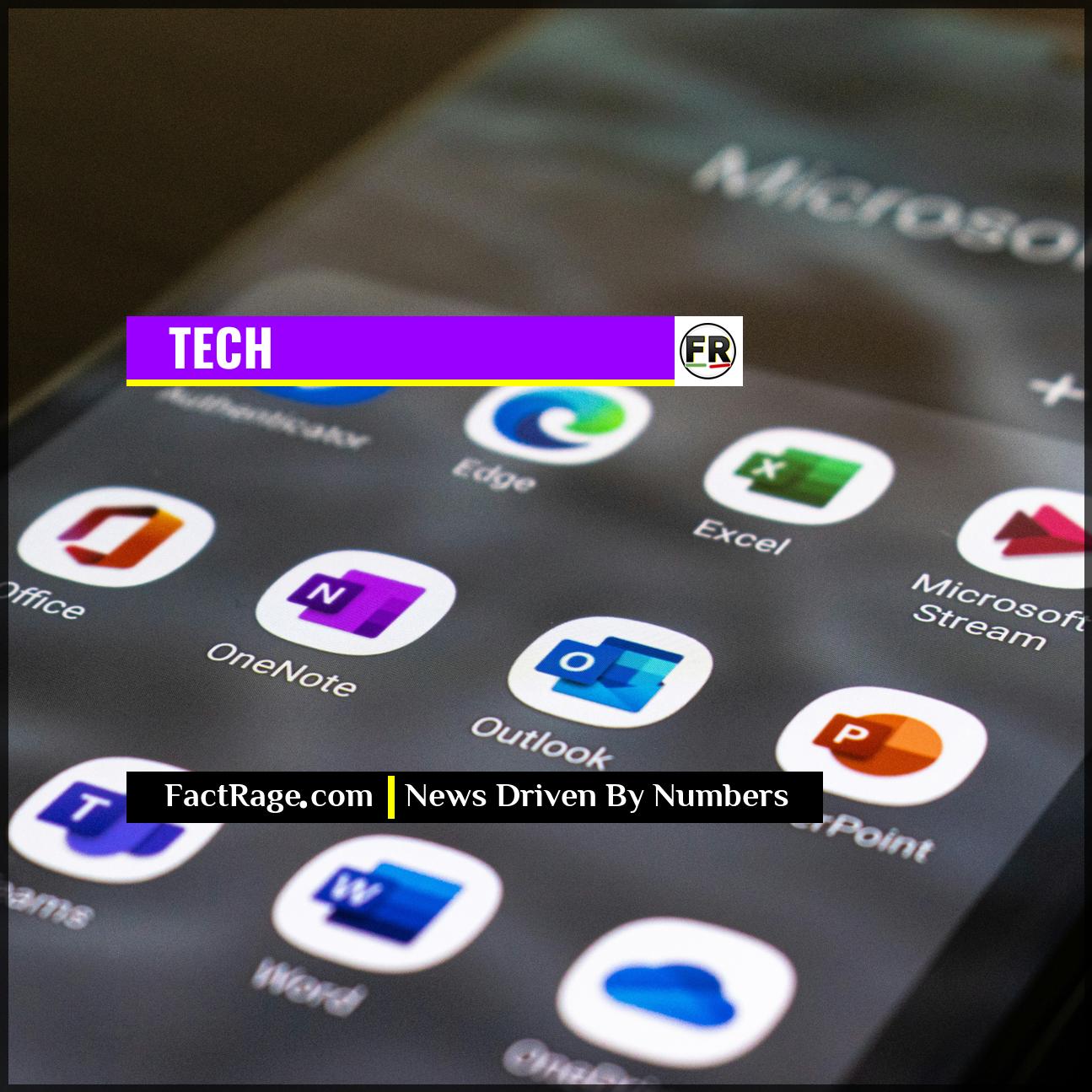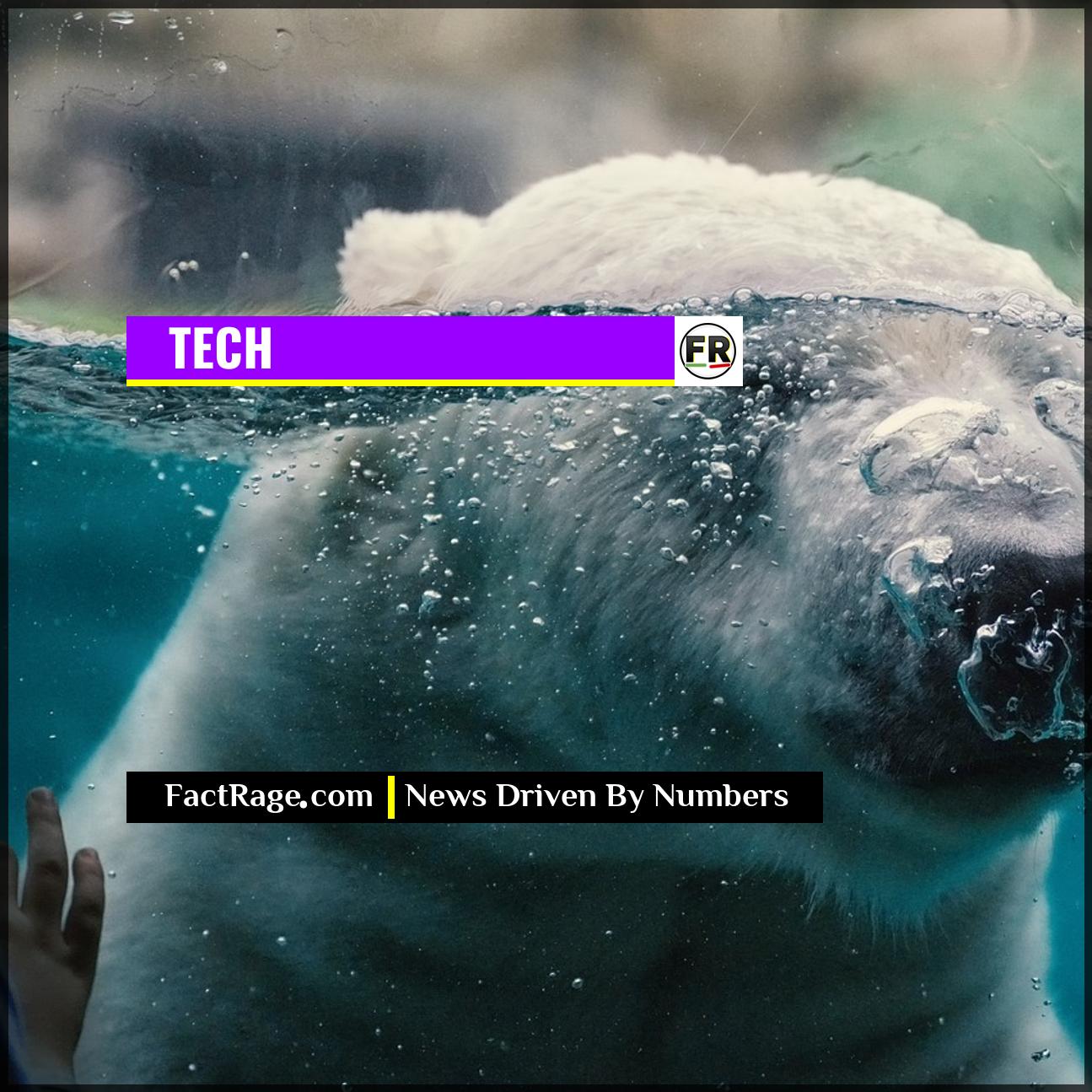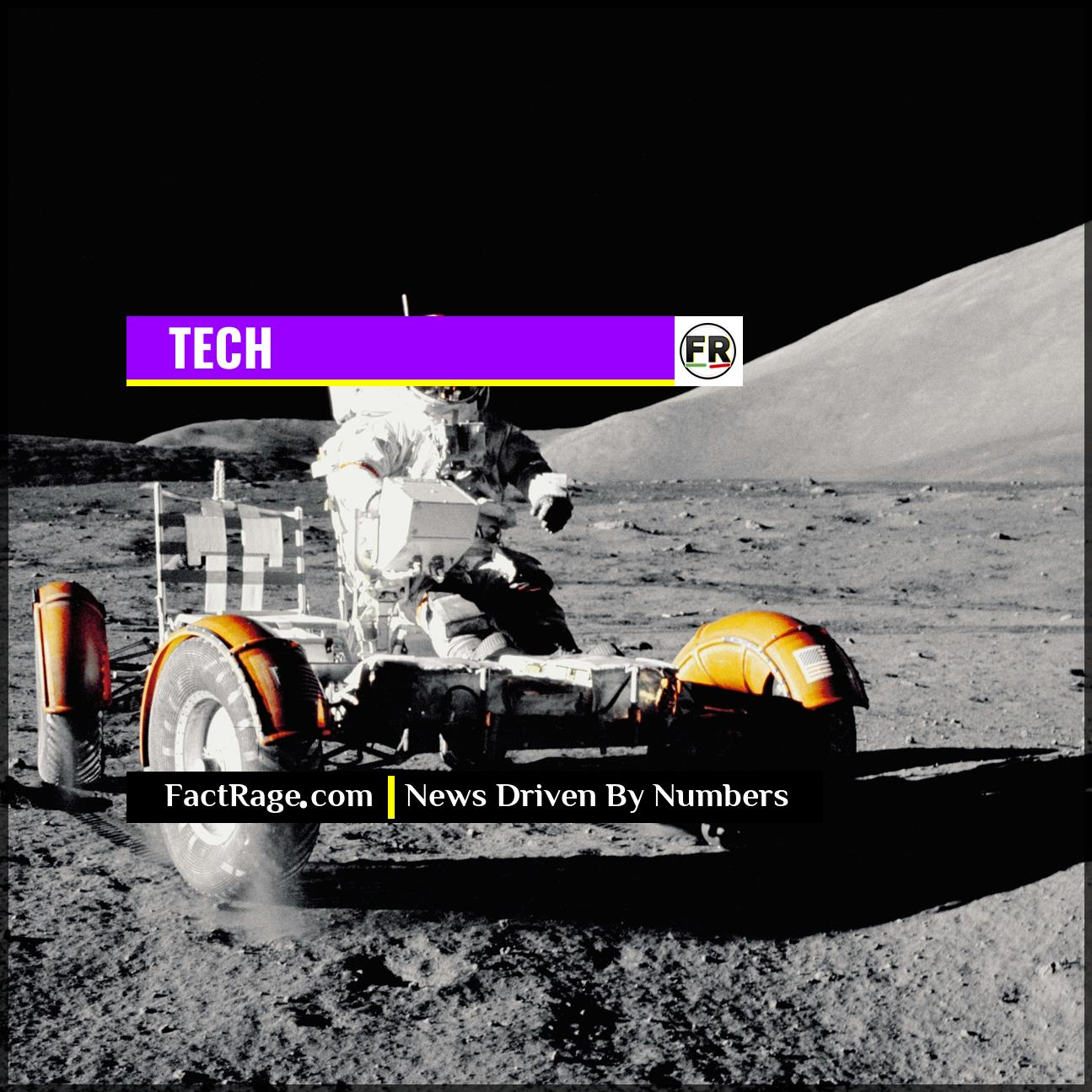BRUSSELS, BELGIUM – European Union regulators are formally examining whether Microsoft’s integration of artificial intelligence features into its market-dominant products violates the bloc’s competition laws, with a critical deadline for the company to provide information fast approaching.
- The Central Complaint – The European Commission is investigating if Microsoft is “bundling” or “tying” its AI tool, Copilot, with its dominant Windows operating system and Microsoft 365 productivity suite, potentially harming competitors.
- Microsoft’s Position – The tech giant argues that integrating AI is a natural product evolution that provides value to consumers and that the AI market remains fiercely competitive.
- The High Stakes – The probe could lead to a formal investigation, multi-billion-dollar fines under the Digital Markets Act (DMA), and a precedent-setting ruling that could dictate how AI is developed and sold across Europe.
This escalating scrutiny places Microsoft in a familiar, high-stakes battle with European regulators. The core of the dispute revolves around a classic antitrust question applied to a new technological frontier: does the integration of new features constitute innovation that benefits consumers, or is it a strategy to leverage dominance in one market to crush competition in another?
A Classic Antitrust Playbook for an AI World
![]() This is not simply a dispute over a software update; it is a critical test of foundational antitrust law applied to the nascent AI frontier. Regulators must determine whether the integration of AI tools is a genuine consumer benefit or a strategy to leverage market dominance and stifle competition. The resolution of this inquiry will not only impact one company but will establish the legal and competitive precedent for an entire technological generation.
This is not simply a dispute over a software update; it is a critical test of foundational antitrust law applied to the nascent AI frontier. Regulators must determine whether the integration of AI tools is a genuine consumer benefit or a strategy to leverage market dominance and stifle competition. The resolution of this inquiry will not only impact one company but will establish the legal and competitive precedent for an entire technological generation.
What Exactly Is the EU Investigating?

The European Commission’s antitrust arm has issued a formal “request for information” to Microsoft, a step that signals a serious preliminary investigation. The deadline for Microsoft’s response is July 18. The inquiry centers on the long-standing antitrust concern of “tying” or “bundling.” Regulators are questioning whether by seamlessly integrating its generative AI assistant, Copilot, into the ubiquitous Windows operating system and Microsoft 365 software package, Microsoft is unfairly disadvantaging rival AI applications.
The concern is that users may default to the built-in option, not because it is superior, but because it is there. This could stifle innovation and competition from smaller AI developers and other tech giants who cannot leverage a similar captive market of billions of users. The investigation was reportedly spurred by complaints from competitors, including the German software company Nextcloud, which argue that Microsoft’s practices make it difficult for their products to compete on a level playing field.
How Is Microsoft Defending Its Strategy?
Microsoft’s defense rests on the argument that incorporating AI is a logical and necessary step in product development that ultimately benefits the consumer. The company frames the integration of Copilot not as a tactic to exclude rivals, but as a way to enhance user productivity and experience within the software they already use.
Furthermore, Microsoft points to the broader AI landscape as evidence of a highly competitive market. With major players like Google, Amazon Web Services, and a host of well-funded startups all vying for AI supremacy, Microsoft contends that its actions are part of a dynamic and innovative industry, not the actions of a monopolist seeking to lock down a new market. The company has also publicly stated its willingness to work constructively with the Commission. This probe also scrutinizes Microsoft’s multi-billion dollar investment in and partnership with OpenAI, the creator of ChatGPT, which regulators fear could further concentrate market power.
Why This Case Could Set a Global Precedent for AI
The outcome of this inquiry will have consequences that extend far beyond Microsoft’s headquarters and Brussels. If the Commission is not satisfied with Microsoft’s response by the July 18 deadline, it could launch a formal investigation. Under the EU’s powerful Digital Markets Act (DMA), designated “gatekeeper” companies like Microsoft face strict rules about leveraging their market power.
A formal investigation could lead to several outcomes. Regulators could demand that Microsoft “unbundle” its AI features, forcing it to offer versions of Windows or Microsoft 365 without Copilot, or to sell Copilot as a standalone product. The most severe outcome would be a fine, which under the DMA can reach up to 10% of a company’s global annual turnover, potentially amounting to tens of billions of dollars. More importantly, the case will establish a critical regulatory precedent, signaling to the entire tech industry how European authorities intend to police the integration of artificial intelligence, shaping the competitive landscape for this transformative technology for years to come.
A Familiar Battleground for a New Frontier
![]() This investigation places a 21st-century technology into a 20th-century legal framework, echoing historical antitrust battles over software bundling. The core principles of market access and fair competition remain unchanged, but the subject—artificial intelligence—is exponentially more complex and integrated than any that has come before. The European Commission’s findings, whatever they may be, will not simply be a ruling on Microsoft’s business practices; they will establish a foundational precedent for how the next era of technology is regulated on a global scale.
This investigation places a 21st-century technology into a 20th-century legal framework, echoing historical antitrust battles over software bundling. The core principles of market access and fair competition remain unchanged, but the subject—artificial intelligence—is exponentially more complex and integrated than any that has come before. The European Commission’s findings, whatever they may be, will not simply be a ruling on Microsoft’s business practices; they will establish a foundational precedent for how the next era of technology is regulated on a global scale.













